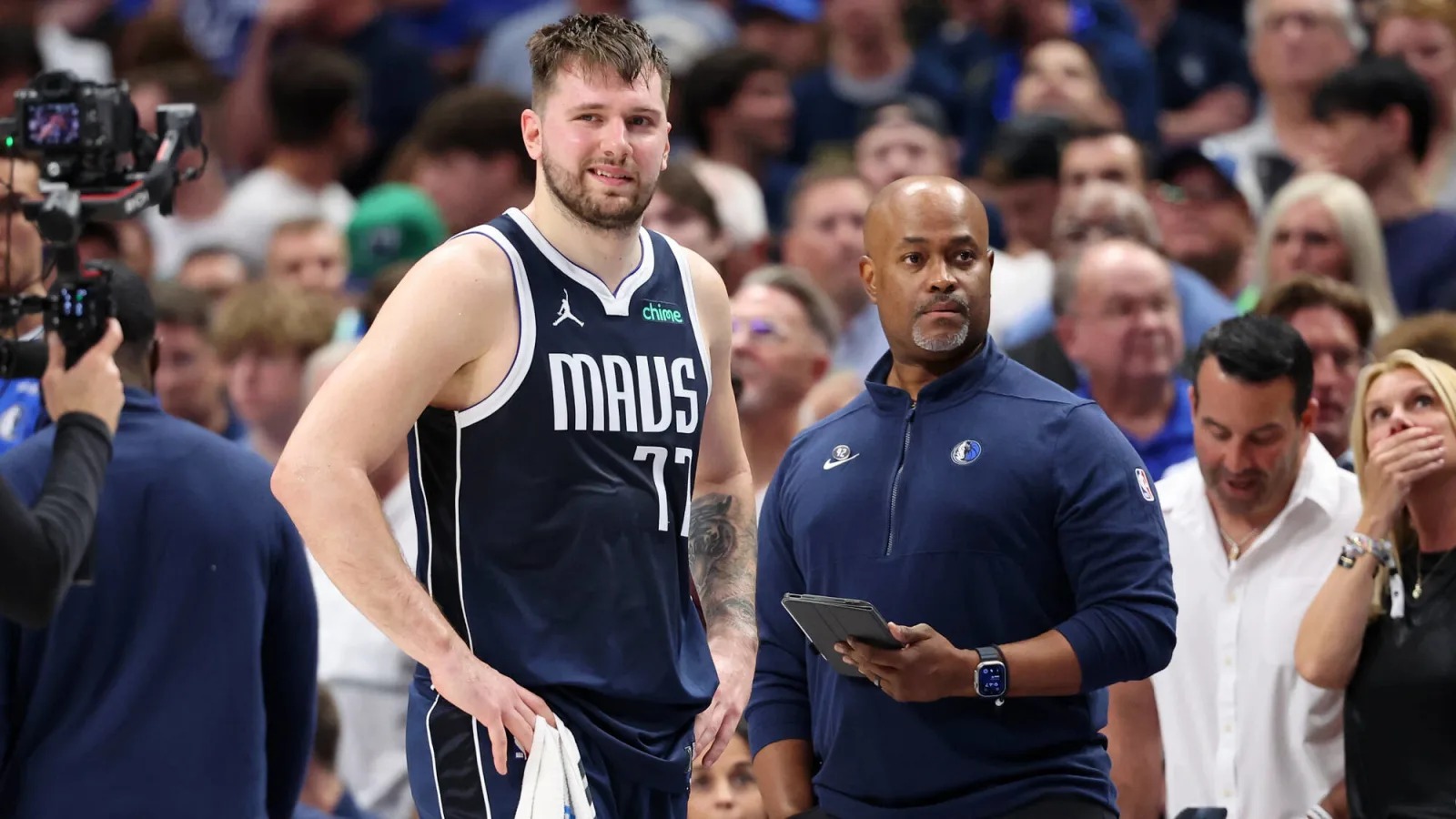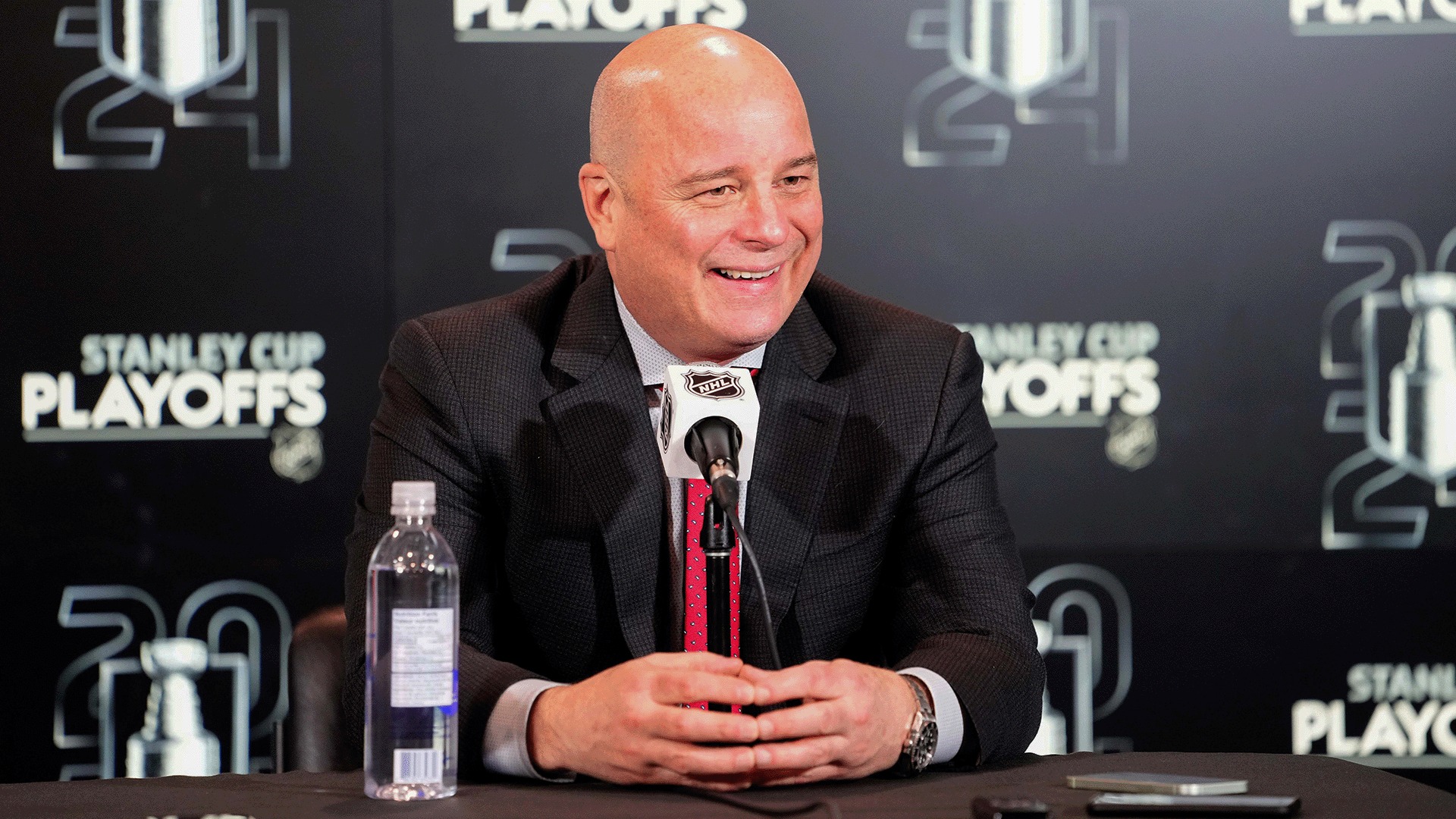Luka Dončić has set a remarkable record, becoming the youngest highest-paid player in NBA history. This achievement not only underscores his exceptional talent and marketability but also marks a significant moment in the evolution of the league’s economics.
Born on February 28, 1999, in Ljubljana, Slovenia, Dončić’s journey to NBA stardom began in Europe. He joined Real Madrid’s senior team at just 16, quickly establishing himself as one of the brightest young talents in European basketball. His performances in the EuroLeague, where he led Real Madrid to a championship and won the MVP award, caught the attention of NBA scouts and executives. In 2018, Dončić declared for the NBA draft and was selected third overall by the Atlanta Hawks, who traded him to the Dallas Mavericks.
Since joining the NBA, Dončić’s impact has been nothing short of extraordinary. He won the Rookie of the Year award in 2019 and has been named an All-Star multiple times. His combination of size, skill, and basketball IQ has drawn comparisons to some of the game’s greatest players. Dončić’s ability to perform under pressure, as evidenced by his numerous game-winning shots and clutch performances, has endeared him to fans and earned the respect of his peers.
The contract that solidified Dončić’s status as the youngest highest-paid player in NBA history is a testament to his value to the Mavericks and the league. In August 2021, Dončić signed a five-year, $207 million rookie supermax extension with the Mavericks. This deal, which came into effect in the 2022-2023 season, includes various incentives and escalators that could push its total value even higher. The supermax extension, a relatively new mechanism in the NBA’s collective bargaining agreement, allows teams to offer star players contracts worth up to 35% of the salary cap, provided they meet certain criteria, such as making an All-NBA team.
Dončić’s contract is significant for several reasons. First, it reflects the growing financial power of NBA players, particularly young stars who can command massive deals early in their careers. Second, it underscores the importance of securing franchise players for small-market teams like the Mavericks, who must compete with larger markets for top talent. Finally, it highlights the NBA’s global reach, with Dončić, a European player, becoming one of the faces of the league.
Beyond the financial implications, Dončić’s record-setting contract also carries cultural and symbolic weight. It signals a new era in the NBA, where international players are not just participants but central figures driving the league’s popularity and success. Dončić’s rise mirrors the NBA’s broader efforts to globalize the sport, tapping into new markets and fan bases around the world.
In conclusion, Luka Dončić’s ascent to becoming the youngest highest-paid player in NBA history is a landmark achievement that reflects his extraordinary talent, the evolving economics of the league, and the increasing prominence of international players in the NBA. As Dončić continues to develop and lead the Mavericks, his impact on and off the court will undoubtedly shape the future of basketball.



